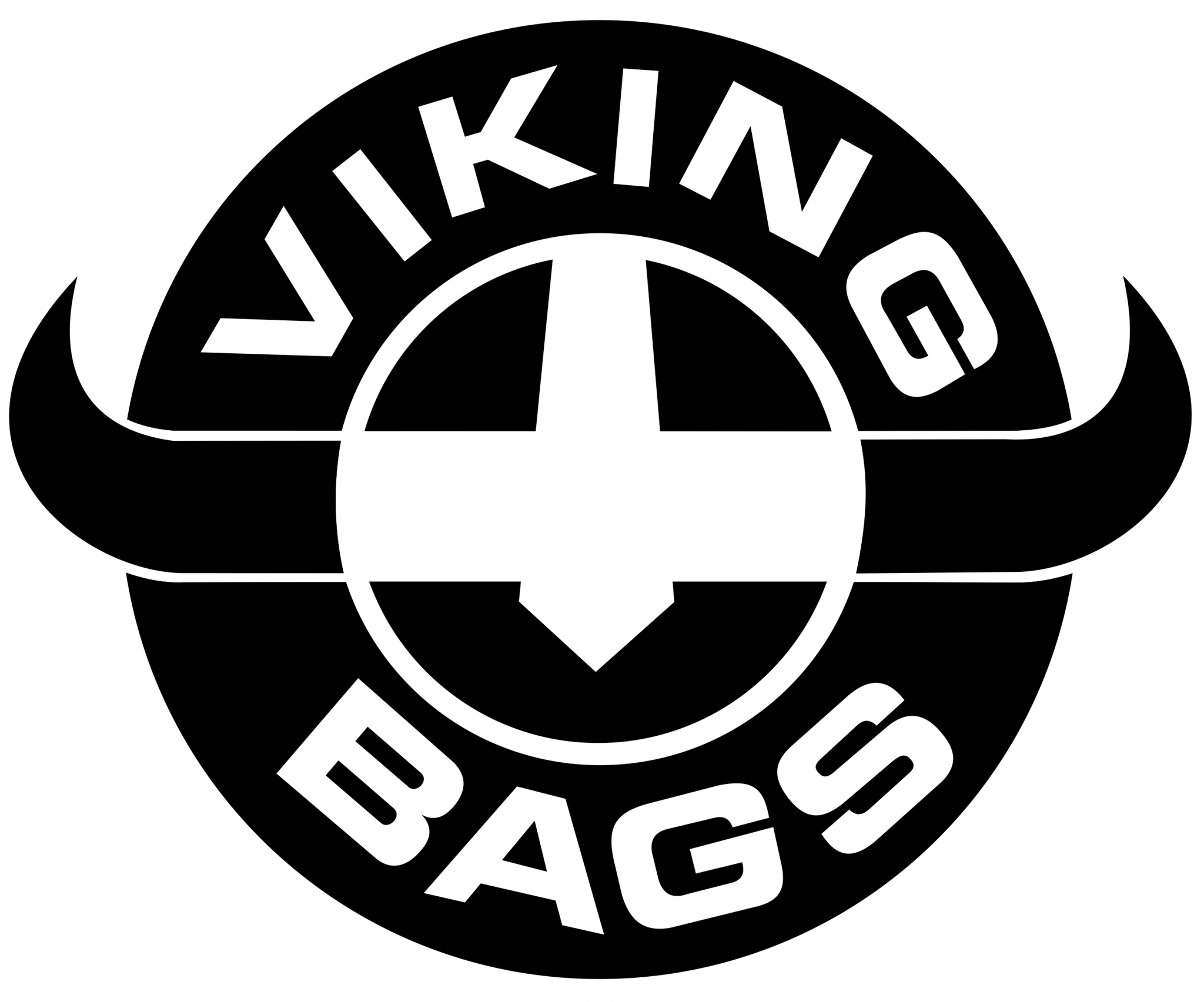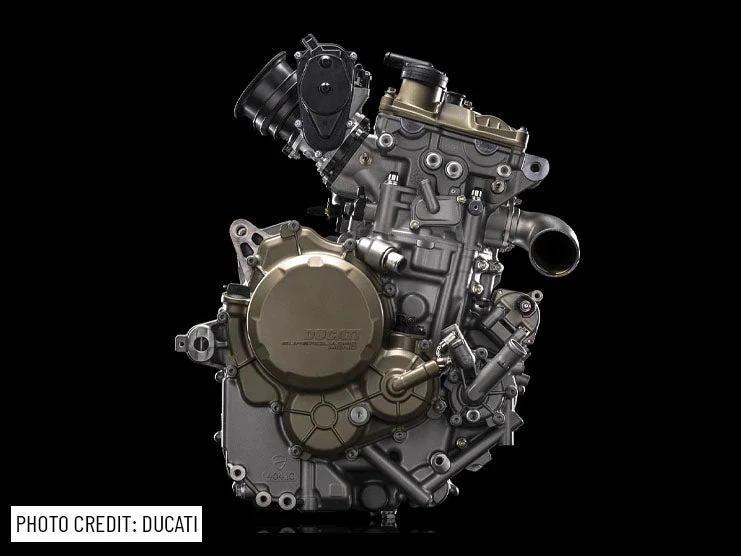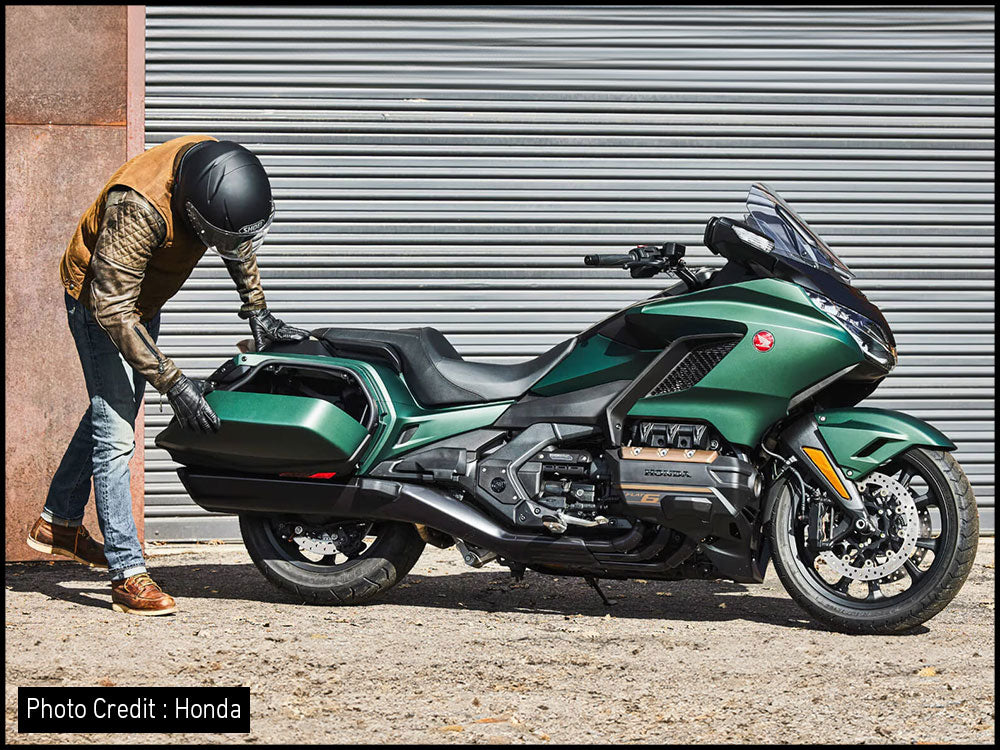Ducati has always been at the forefront when it comes to revolutionizing motorcycle engine technology with the capability of doing engineering marvels. In the small and middleweight displacement category, the company first introduced its patented engine technology, called the L-twin engines. Originally, an L-twin engine was a V-twin that Ducati designed in an L-shape layout to achieve several benefits. Basically, the cylinder facing the front end is placed parallel to the ground. Due to such an orientation and the 90° angle between the two cylinders of the V-Twin, the rear cylinder naturally stands horizontally to ensure reduced vibrations and attain the primary balance. Despite the top-end engineering excellence and mastery in manufacturing large V4 engines, Ducati is bringing a change in its production and marketing strategies. The company is planning to target cost-effective and low-powered engine designs to install in their middleweight motorcycle category.
In an effort to turn this idea into a reality, Ducati has recently introduced its revolutionary Superquadro Mono 660 single-cylinder engine. It is a perfect time for Ducati to stay ahead in the motorcycle engineering world with its single-cylinder engine after being confronted by the parallel-twin engine technology.
Apart from several other benefits provided by the single-cylinder Superquadro Mono 660 engine, it also takes less manufacturing of main parts as this engine uses several parts taken from Ducati motorcycles. The cylinder head comes from the high-performing Ducati 1299 Panigale.

In the stock form, Ducati confirms that the 659 cc Superquadro Mono engine pumps a throbbing horsepower of 77.5 hp. The power-producing capability can be further enhanced by installing a Termignoni exhaust system as an optional equipment which makes the Superquadro Mono engine generate a substantial 84.5 hp of horsepower at 9,500 rpm. These power values make the Ducati new Superquadro Mono 660 the most robust single-cylinder engine thanks to the completely new design and intric10 Best Motorcycles Ducati Ever Madeate engineering.
It is after a very long time, probably more than three decades, that Ducati thought of coming back to basic and producing a single-cylinder engine. Since the time when the news came out, the motorcycling community was sure that the Superquadro Mono 660 would not be just an ordinary single-cylinder engine. When it comes to research, development, design, and engineering, Ducati has one of the most extraordinary and renowned departments working tirelessly for their future products.
As per the sources, the company plans to install this iconic Superquadro Mono 660 engine in a motorcycle inspired by the Ducati Hypermotard.
Also Read: 10 BEST MOTORCYCLES DUCATI EVER MADE
Let’s look at the notable features and characteristics of the Ducati Superquadro Mono 660 engine:
| Ducati Superquadro Mono 660 Single-Cylinder Engine Specifications | |
|---|---|
| Engine Name | Superquadro Mono 660 Single-Cylinder |
| Engine Displacement | 659 cc |
| No. of Cylinders | One |
| Horsepower | 77.5 hp at 9,750 rpm |
| Torque | 62.76 Nm at 8,000 rpm |
|
Boosted Horsepower Output (with Optional Termignoni Exhaust) |
84.5 hp at 9,500 rpm |
| Peak RPM | 10,250 rpm |
| Based on | Ducati Panigale 1299 Engine |
| Piston Size (Diameter) | 116 mm |
| Bore | 116 mm |
| Stroke | 62.4 mm |
| Exhaust Valve (Material) | Steel |
| Exhaust Valve (Size) | 38.2 mm |
| Intake Value (Material) | Titanium |
| Intake Value (Size) | 46.8 mm |
| Emission Standards | Euro 5 |
| Oil Change (Service Interval) | 15,000 km |
| Valve Clearance Adjustment (Service Interval) | 30,000 km |
The other tech features that are expected to be blended with the Ducati’s Superquadro Mono 660 engine, as revealed by the Ducati, include:
| Tech Features Expected to be Integrated With the Ducati Superquadro Mono 660 Engine |
|---|
| Six-Speed Transmission |
| Quickshifter |
| Long First Gear Ratio |
| Three Power Riding Modes |
| Ride-By-Wire Throttle |












Leave a comment
All comments are moderated before being published.
This site is protected by hCaptcha and the hCaptcha Privacy Policy and Terms of Service apply.